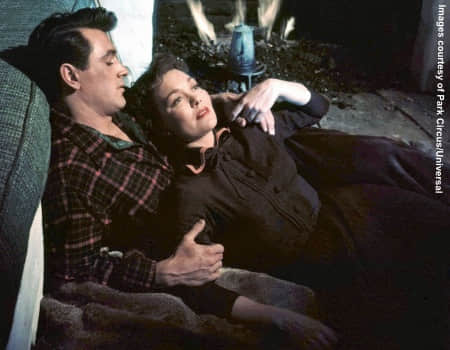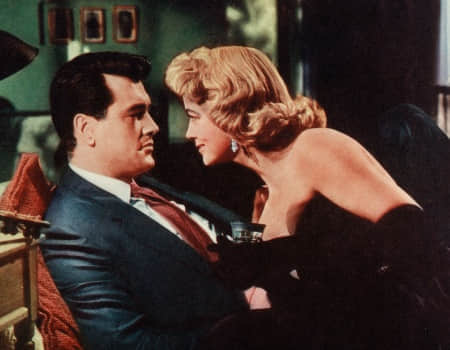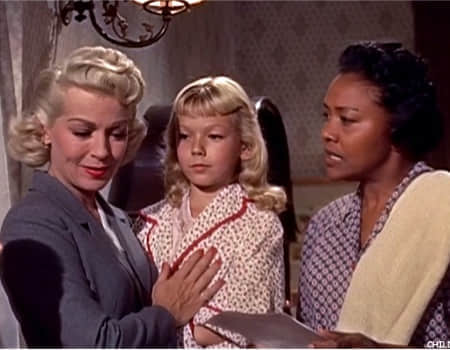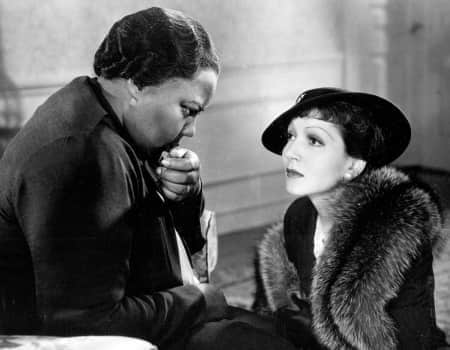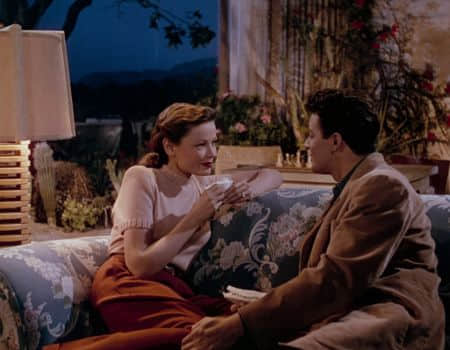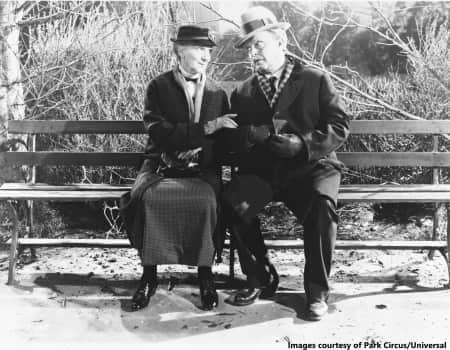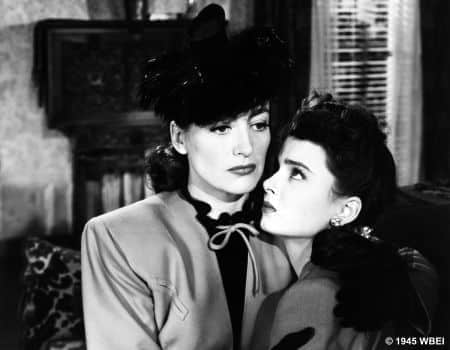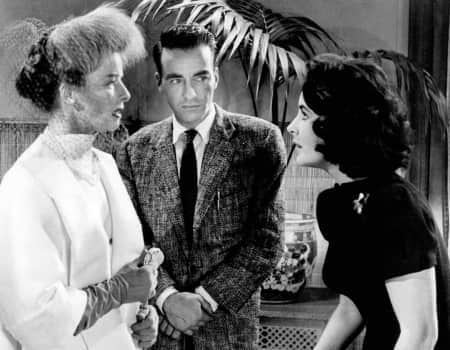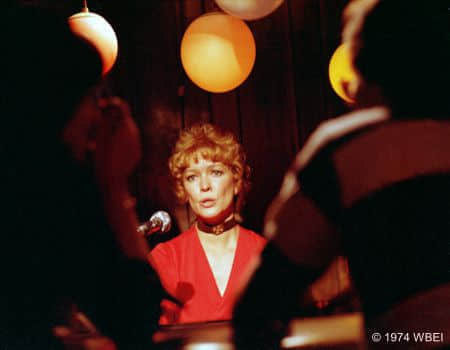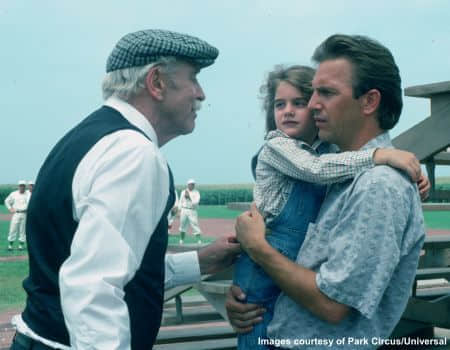2021
To Sirk with Love, The Films of Douglas Sirk
One of classical Hollywood’s supreme stylists, Douglas Sirk raised the melodrama to an art form with his [...]
One of classical Hollywood’s supreme stylists, Douglas Sirk raised the melodrama to an art form with his expressionist imagery and critical view of post-war America as an affluent society where – haunted by the fear of failure – private misery hid behind a facade of confidence. Appearances reign supreme in Sirk’s intensely optical cinema: characters are often trapped in mirror reflections, unable to free themselves from society’s gaze.
Sirk’s expressionism came from his German background: working with cinematographer Russell Metty – who remarked that they shot melodramas like film noir – Sirk created a blatantly artificial world full of dramatic, shadowy contrasts in lighting and filled with garish colours, in which the larger-than-life emotions of his characters reverberated within a hall of mirrors that was Sirk’s vision of image-obsessed America, where an individual’s authentic self was hopelessly lost.
Sirk straddled high and low culture effortlessly: he was equally at home adapting Faulkner or Remarque as he was working with popular fiction. Indeed, his artistry in utilizing the resources of pop culture – Rock Hudson as matinee idol, Frank Skinner’s kitsch music, and other forms of “bad taste” – to fashion his ironic view of America has endeared him as the godfather of camp to such later filmmakers influenced by his style as Fassbinder, Almodóvar, Todd Haynes, and John Waters.
Once misunderstood as cheap or vulgar, Sirk’s melodramas are now properly appreciated for both their hysterical excesses and subversively Freudian view of sexual repression in conservative, Eisenhowerera America, replete with outrageous phallic imagery critical of the period’s patriarchy.
Cinema Heritage: From The Film Foundation
Restored Classics
The Golden Age
Back to the Screen
An Obsession to Die For, Rainer Werner Fassbinder
Never an adorable son in his mother country, Rainer Werner Fassbinder (1945-82) is, beyond dispute, one of [...]
Never an adorable son in his mother country, Rainer Werner Fassbinder (1945-82) is, beyond dispute, one of the most important directors of Germany’s post-WWII era. A self-taught genius who never attended a film school, Fassbinder started his career as an actor, playwright and a director of avant-garde films. Along with his artistic versatility is his monstrous propensity of doing things his own way and manipulating anyone who entered his orbit. Always way ahead of his time, he remained a radical outsider in a bourgeois society.
Fassbinder’s creative reawakening came in 1971, when he discovered the films of Douglas Sirk. As a bisexual man living in 1970s West Germany, Fassbinder felt a kinship with Sirk’s empathetic characters trapped by societal constraints. He channeled that inspiration with his own style of melodramas that subverted the genre while working within its thematic framework. His films often dealt with themes close to his heart, including the racism he witnessed in the postwar reconstruction era (Ali: Fear Eats the Soul ), toxic relationships (Martha , Fox and His Friends ) and the plight of women in a society trying to rise above the ashes (The BRD Trilogy).
Fassbinder’s life was even more colourful than his films. His relationships with both men and women – many of them his collaborators – are well documented, partly because they often served as his inspiration. In a Year with 13 Moons was a response to the tragic death of his former lover Armin Meier, and he dedicated The Bitter Tears of Petra von Kant to Irm Hermann, whose character of the long-suffering assistant clearly mirrored her own abusive relationship with the infamous director. Leaving an astonishing amount of work – 44 feature films, two TV series, different shorts and videos, and 24 plays – by the time of his death at age 37, Fassbinder was a tireless creator who often laid bare his soul for all to see, desperate to be understood.
Programme Partner:


The Merchant of Four Seasons
Read more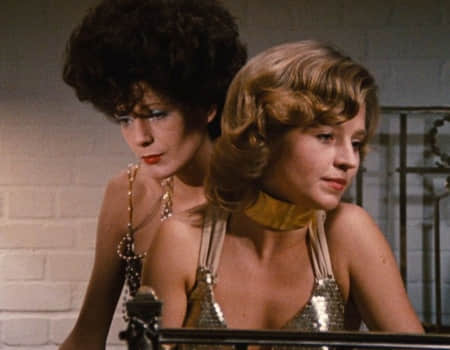
The Bitter Tears of Petra von Kant
Read more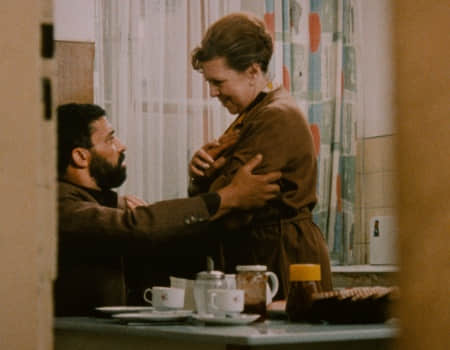
Ali: Fear Eats the Soul
Read more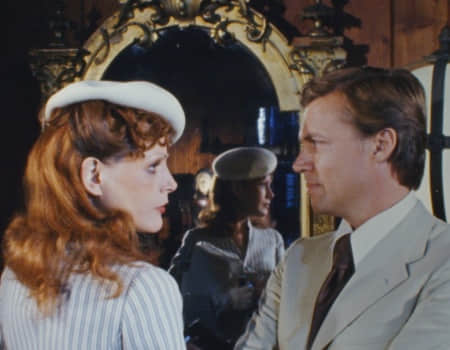
Martha
Read more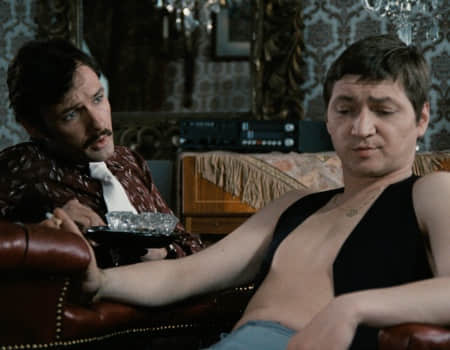
Fox and His Friends
Read more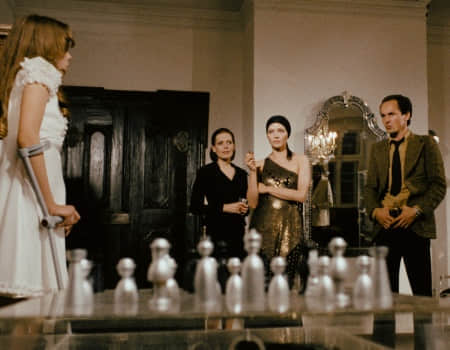
Chinese Roulette
Read more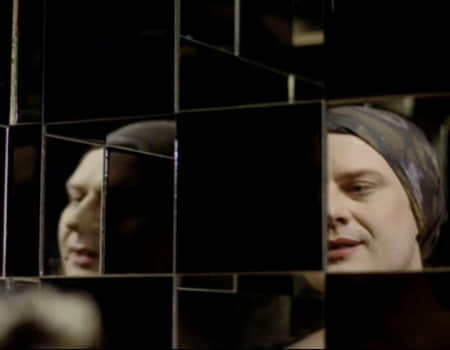
In a Year with 13 Moons
Read more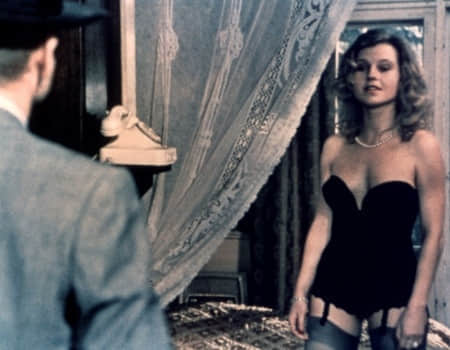
The Marriage of Maria Braun
Read more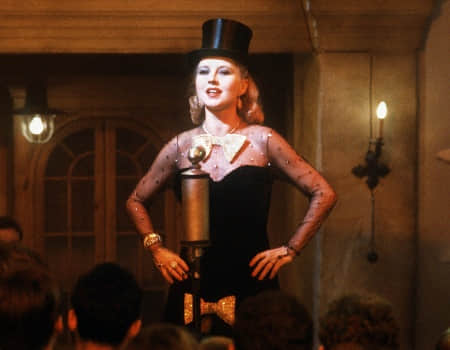
Lili Marleen
Read more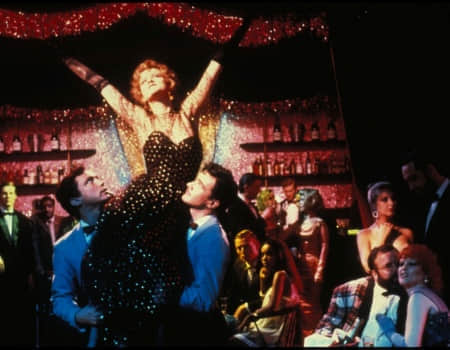
Lola
Read more
Veronika Voss
Read more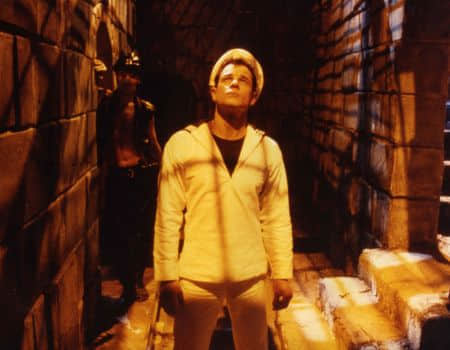
Querelle
Read more
Programme Encore
Certain screenings in Cine Fan Jan/Feb/Mar Programme that were cancelled due to the health crisis will now [...]
Certain screenings in Cine Fan Jan/Feb/Mar Programme that were cancelled due to the health crisis will now return to the big screen.
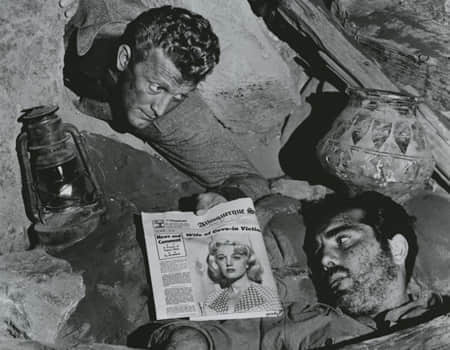
Ace in the Hole (a.k.a. The Big Carnival)
Read more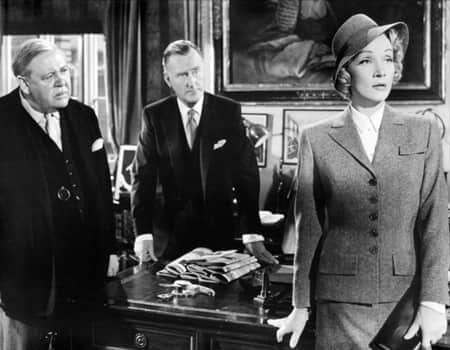
Witness for the Prosecution
Read more
The Apartment
Read more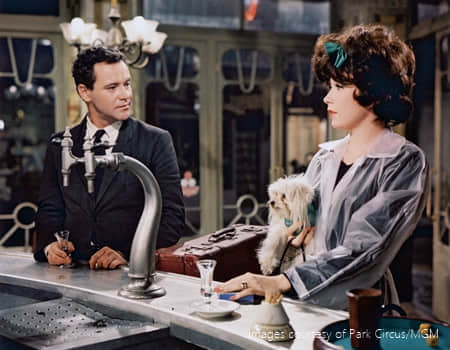
Irma la Douce
Read more
The Circus (old)
Read more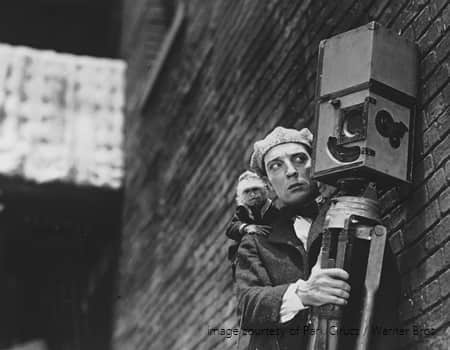
The Cameraman (old)
Read more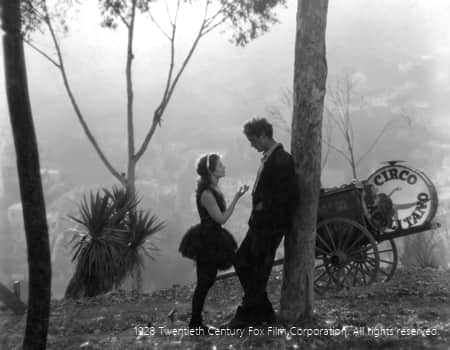
Street Angel (old)
Read more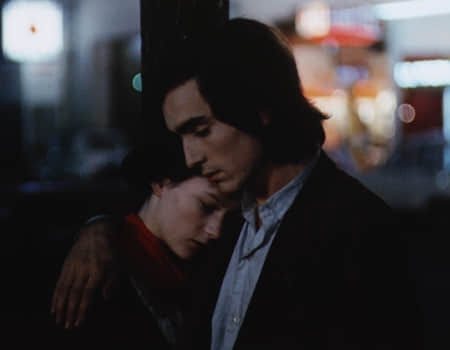
Four Nights of a Dreamer (old)
Read more
Johnny Got His Gun (old)
Read more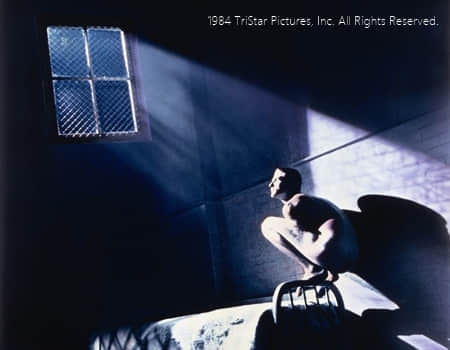
Birdy (old)
Read more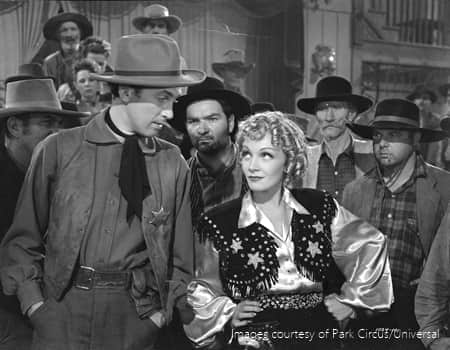
Destry Rides Again
Read more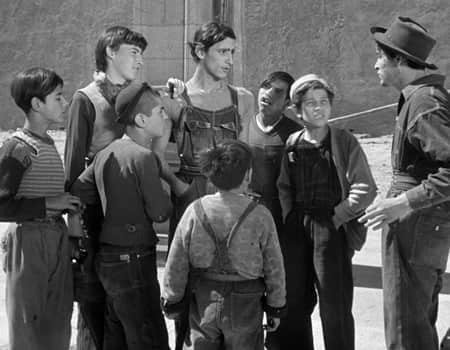
Los Olvidados (a.k.a. The Young and the Damned)
Read more
